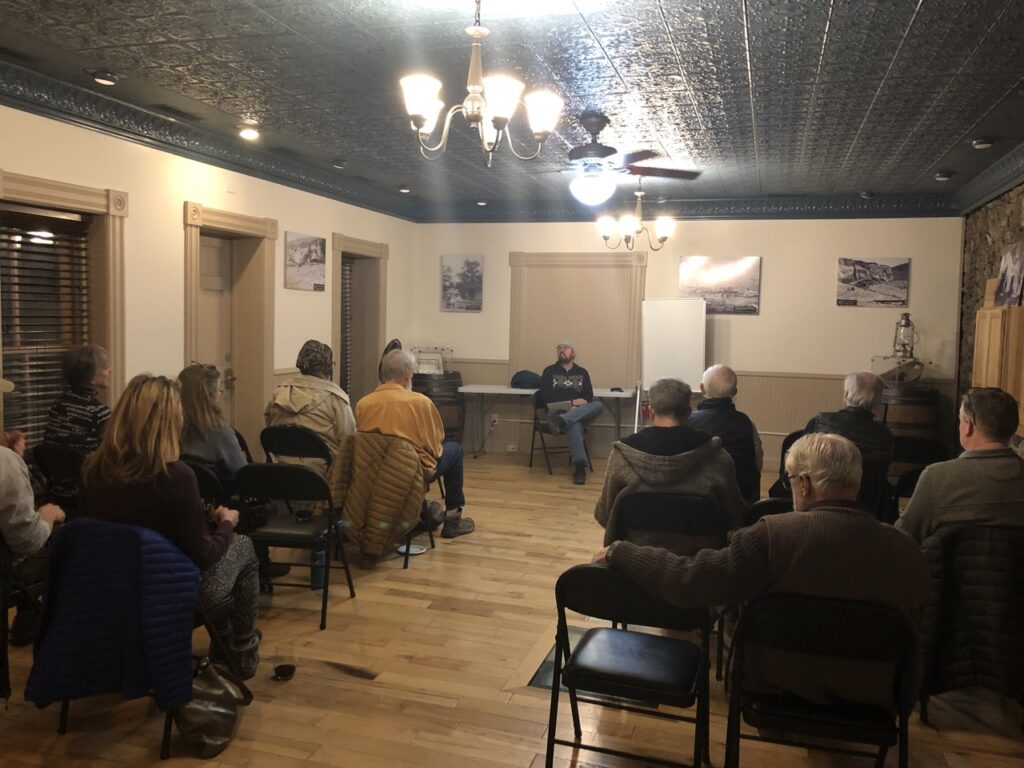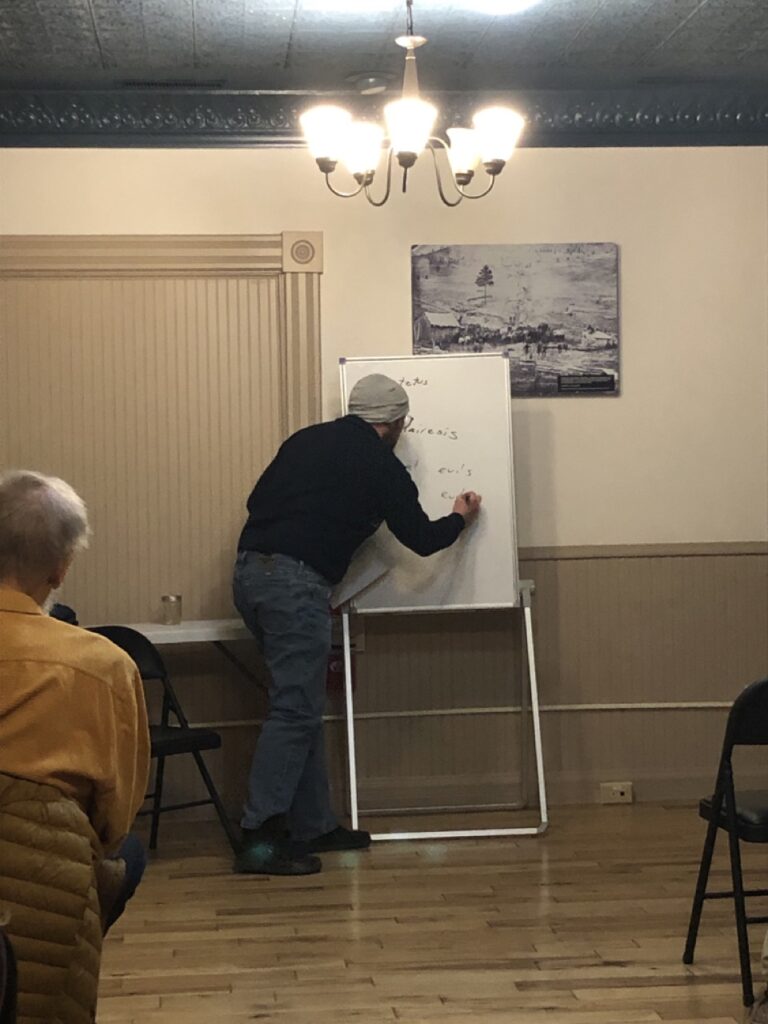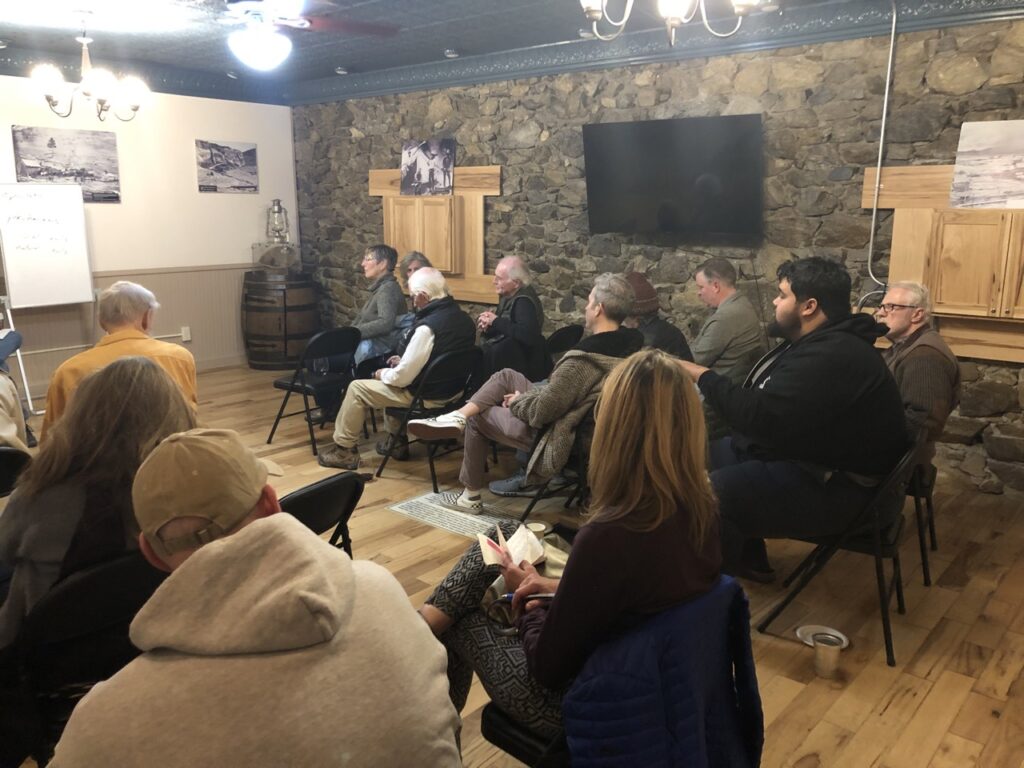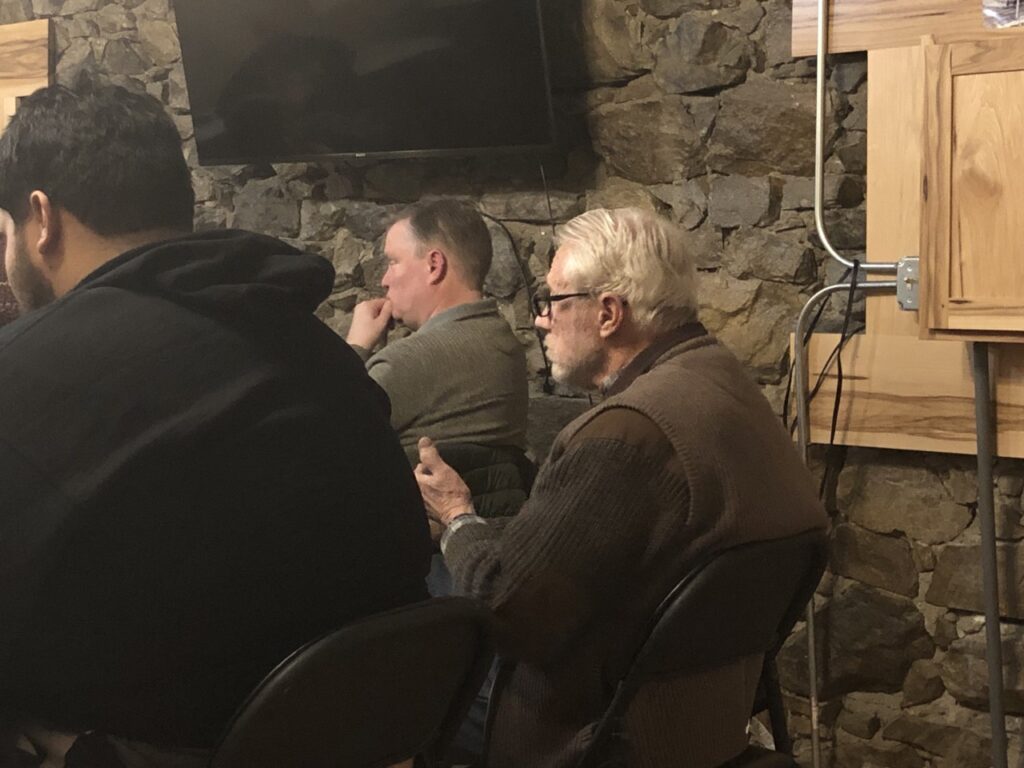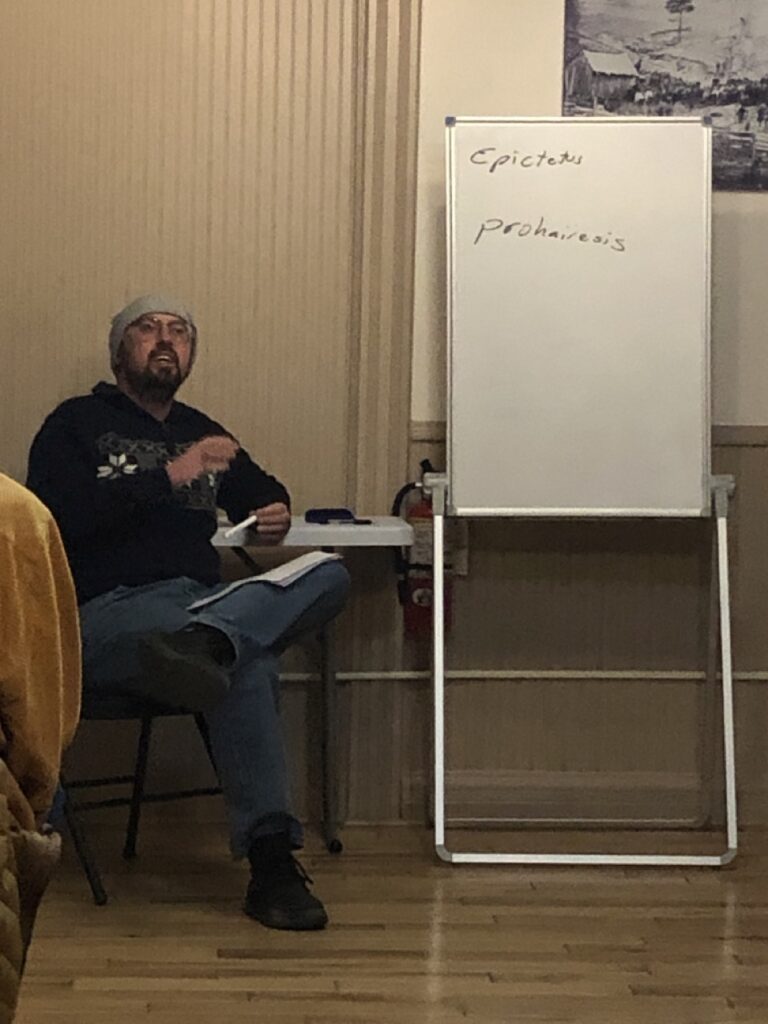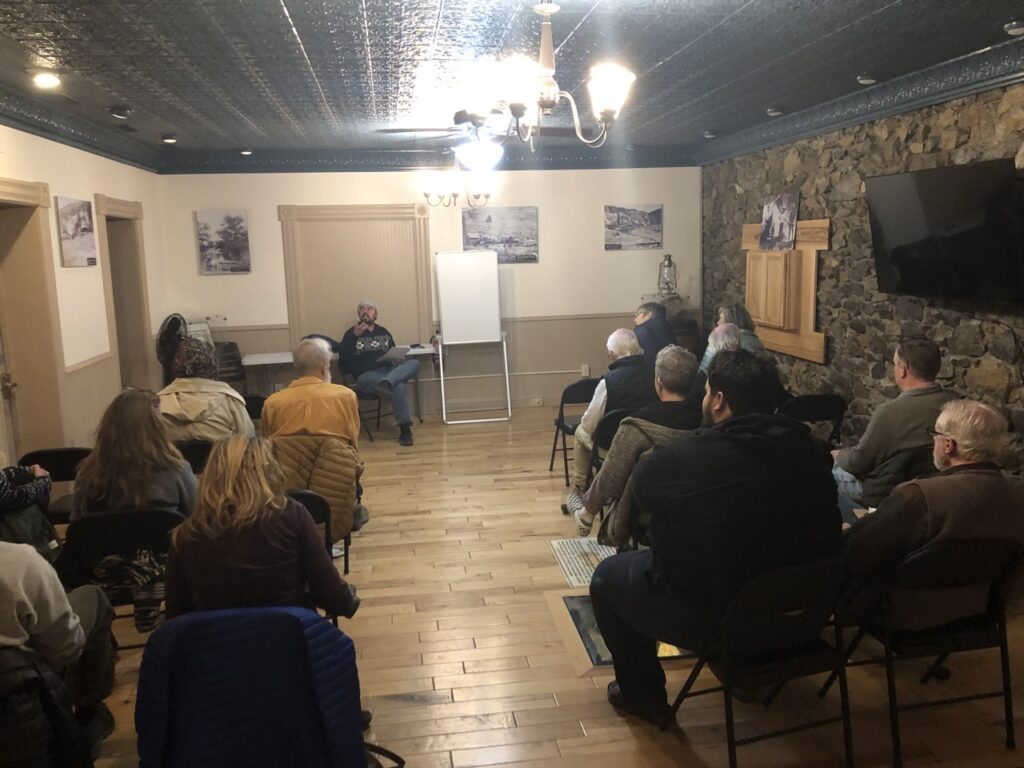[et_pb_section fb_built=”1″ _builder_version=”4.16″ custom_padding=”0|0px|13px|0px|false|false” da_disable_devices=”off|off|off” global_colors_info=”{}” da_is_popup=”off” da_exit_intent=”off” da_has_close=”on” da_alt_close=”off” da_dark_close=”off” da_not_modal=”on” da_is_singular=”off” da_with_loader=”off” da_has_shadow=”on”][et_pb_row _builder_version=”4.16″ background_size=”initial” background_position=”top_left” background_repeat=”repeat” custom_margin=”-9px|auto||auto||” custom_padding=”||0px|||” global_colors_info=”{}”][et_pb_column type=”4_4″ _builder_version=”4.16″ custom_padding=”|||” global_colors_info=”{}” custom_padding__hover=”|||”][et_pb_image src=”https://originalsite.merlinccc.com/wp-content/uploads/2023/11/IMG_8643-Large_Free-Will_HDWGH.jpeg” title_text=”IMG_8643 Large_Free Will_HDWGH” align_tablet=”center” align_phone=”” align_last_edited=”on|desktop” _builder_version=”4.23.1″ z_index_tablet=”500″ box_shadow_horizontal_tablet=”0px” box_shadow_vertical_tablet=”0px” box_shadow_blur_tablet=”40px” box_shadow_spread_tablet=”0px” global_colors_info=”{}”][/et_pb_image][et_pb_text admin_label=”About the Workshop” _builder_version=”4.23.1″ z_index_tablet=”500″ box_shadow_horizontal_tablet=”0px” box_shadow_vertical_tablet=”0px” box_shadow_blur_tablet=”40px” box_shadow_spread_tablet=”0px” global_colors_info=”{}”]
Debates about “free will” crop up in a wide, wide variety of areas: In discussing law and punishment, we ask whether the defendant acted “of his own free will.” In physics and metaphysics, we wonder whether the future is fully deterministic, or whether our choices might affect the course of things. Theologians of various religious traditions ponder a variety of problems over how to reconcile human freedom with divine providence. And researchers in neuroscience and the philosophy of mind worry over the legacy bequeathed to them from Descartes: how, if at all, can the mind even be connected to the body? What, if anything, do these widely varied conversations in divergent fields have in common, besides the name “free will”? By looking at the history of this much-contested concept, we can begin to see how we got here.
We began with a few early antecedents: thinkers who set out important terms, concepts, or arguments, but who were not themselves using the word “free will.” We briefly considered some general Hellenic concerns over when (and whether) praise and blame can be merited. And we looked in detail at a specifically Stoic worry: What could possibly be “up to us” if, as the Stoics thought, the motions of material bodies are determined by strict laws of cause-and-effect? (Sound familiar?)
We then examined the earliest authors to use the term “free will.” While they were aware of the Stoic arguments, and reshaped some of them to their own purposes, their main concerns were rather different: as devout Christians, they needed to find a way to make eternal damnation consistent with the goodness and foreknowledge of their God! So we reflected on the ways in which these specifically theological concerns reshaped the philosophical conversations of Late Antiquity (among both Pagans and Christians), and considered the surprising extent to which that sectarian theological legacy continues to influence contemporary discussions of free will, agency, and moral responsibility.
In exploring that enduring influence, we visited some other key historical moments on the way from antiquity to the present & concluded by examining some curious findings from neuroscience, asking both how those experimental results might inform us about the problem of free will, and how a robust history of the problem might help us make better sense of the recent experimental findings.
[/et_pb_text][/et_pb_column][/et_pb_row][/et_pb_section][et_pb_section fb_built=”1″ _builder_version=”4.16″ custom_padding=”0|0px|5px|0px|false|false” da_disable_devices=”off|off|off” global_colors_info=”{}” da_is_popup=”off” da_exit_intent=”off” da_has_close=”on” da_alt_close=”off” da_dark_close=”off” da_not_modal=”on” da_is_singular=”off” da_with_loader=”off” da_has_shadow=”on”][et_pb_row _builder_version=”4.16″ background_size=”initial” background_position=”top_left” background_repeat=”repeat” global_colors_info=”{}”][et_pb_column type=”4_4″ _builder_version=”4.16″ custom_padding=”|||” global_colors_info=”{}” custom_padding__hover=”|||”][et_pb_divider color=”#02a2c8″ divider_weight=”15″ _builder_version=”4.16″ height=”15px” box_shadow_style=”preset1″ global_colors_info=”{}”] [/et_pb_divider][/et_pb_column][/et_pb_row][/et_pb_section][et_pb_section fb_built=”1″ _builder_version=”4.16″ custom_padding=”31.5938px|0px|21px|0px|false|false” da_disable_devices=”off|off|off” global_colors_info=”{}” da_is_popup=”off” da_exit_intent=”off” da_has_close=”on” da_alt_close=”off” da_dark_close=”off” da_not_modal=”on” da_is_singular=”off” da_with_loader=”off” da_has_shadow=”on”][et_pb_row _builder_version=”4.16″ background_size=”initial” background_position=”top_left” background_repeat=”repeat” custom_padding=”0|0px|0|0px|false|false” global_colors_info=”{}”][et_pb_column type=”4_4″ _builder_version=”4.16″ custom_padding=”|||” global_colors_info=”{}” custom_padding__hover=”|||”][et_pb_testimonial _builder_version=”4.23.1″ z_index_tablet=”500″ author_text_shadow_horizontal_length_tablet=”0px” author_text_shadow_vertical_length_tablet=”0px” author_text_shadow_blur_strength_tablet=”1px” position_text_shadow_horizontal_length_tablet=”0px” position_text_shadow_vertical_length_tablet=”0px” position_text_shadow_blur_strength_tablet=”1px” company_text_shadow_horizontal_length_tablet=”0px” company_text_shadow_vertical_length_tablet=”0px” company_text_shadow_blur_strength_tablet=”1px” body_link_text_shadow_horizontal_length_tablet=”0px” body_link_text_shadow_vertical_length_tablet=”0px” body_link_text_shadow_blur_strength_tablet=”1px” body_ul_text_shadow_horizontal_length_tablet=”0px” body_ul_text_shadow_vertical_length_tablet=”0px” body_ul_text_shadow_blur_strength_tablet=”1px” body_ol_text_shadow_horizontal_length_tablet=”0px” body_ol_text_shadow_vertical_length_tablet=”0px” body_ol_text_shadow_blur_strength_tablet=”1px” body_quote_text_shadow_horizontal_length_tablet=”0px” body_quote_text_shadow_vertical_length_tablet=”0px” body_quote_text_shadow_blur_strength_tablet=”1px” box_shadow_horizontal_tablet=”0px” box_shadow_vertical_tablet=”0px” box_shadow_blur_tablet=”40px” box_shadow_spread_tablet=”0px” box_shadow_horizontal_image_tablet=”0px” box_shadow_vertical_image_tablet=”0px” box_shadow_blur_image_tablet=”40px” box_shadow_spread_image_tablet=”0px” text_shadow_horizontal_length_tablet=”0px” text_shadow_vertical_length_tablet=”0px” text_shadow_blur_strength_tablet=”1px” global_colors_info=”{}”]
Photos
[/et_pb_testimonial][et_pb_text admin_label=”Photos” _builder_version=”4.23.1″ z_index_tablet=”500″ text_text_shadow_horizontal_length_tablet=”0px” text_text_shadow_vertical_length_tablet=”0px” text_text_shadow_blur_strength_tablet=”1px” link_text_shadow_horizontal_length_tablet=”0px” link_text_shadow_vertical_length_tablet=”0px” link_text_shadow_blur_strength_tablet=”1px” ul_text_shadow_horizontal_length_tablet=”0px” ul_text_shadow_vertical_length_tablet=”0px” ul_text_shadow_blur_strength_tablet=”1px” ol_text_shadow_horizontal_length_tablet=”0px” ol_text_shadow_vertical_length_tablet=”0px” ol_text_shadow_blur_strength_tablet=”1px” quote_text_shadow_horizontal_length_tablet=”0px” quote_text_shadow_vertical_length_tablet=”0px” quote_text_shadow_blur_strength_tablet=”1px” header_text_shadow_horizontal_length_tablet=”0px” header_text_shadow_vertical_length_tablet=”0px” header_text_shadow_blur_strength_tablet=”1px” header_2_text_shadow_horizontal_length_tablet=”0px” header_2_text_shadow_vertical_length_tablet=”0px” header_2_text_shadow_blur_strength_tablet=”1px” header_3_text_shadow_horizontal_length_tablet=”0px” header_3_text_shadow_vertical_length_tablet=”0px” header_3_text_shadow_blur_strength_tablet=”1px” header_4_text_shadow_horizontal_length_tablet=”0px” header_4_text_shadow_vertical_length_tablet=”0px” header_4_text_shadow_blur_strength_tablet=”1px” header_5_text_shadow_horizontal_length_tablet=”0px” header_5_text_shadow_vertical_length_tablet=”0px” header_5_text_shadow_blur_strength_tablet=”1px” header_6_text_shadow_horizontal_length_tablet=”0px” header_6_text_shadow_vertical_length_tablet=”0px” header_6_text_shadow_blur_strength_tablet=”1px” box_shadow_horizontal_tablet=”0px” box_shadow_vertical_tablet=”0px” box_shadow_blur_tablet=”40px” box_shadow_spread_tablet=”0px” global_colors_info=”{}”]
[/et_pb_text][/et_pb_column][/et_pb_row][/et_pb_section][et_pb_section fb_built=”1″ _builder_version=”4.16″ custom_margin=”-29px|||||” custom_padding=”0|0px|0|0px|false|false” da_disable_devices=”off|off|off” global_colors_info=”{}” da_is_popup=”off” da_exit_intent=”off” da_has_close=”on” da_alt_close=”off” da_dark_close=”off” da_not_modal=”on” da_is_singular=”off” da_with_loader=”off” da_has_shadow=”on”][et_pb_row _builder_version=”4.16″ background_size=”initial” background_position=”top_left” background_repeat=”repeat” min_height=”56px” custom_margin=”|auto|15px|auto||” custom_padding=”23px|0px|0|0px|false|false” global_colors_info=”{}”][et_pb_column type=”4_4″ _builder_version=”4.16″ custom_padding=”|||” global_colors_info=”{}” custom_padding__hover=”|||”][et_pb_divider color=”#02a2c8″ divider_weight=”15px” _builder_version=”4.19.0″ height=”15px” custom_margin=”||58px|||” z_index_tablet=”500″ box_shadow_style=”preset1″ global_colors_info=”{}”][/et_pb_divider][et_pb_testimonial _builder_version=”4.23.1″ min_height=”90.9px” custom_margin=”44px|||||” z_index_tablet=”500″ author_text_shadow_horizontal_length_tablet=”0px” author_text_shadow_vertical_length_tablet=”0px” author_text_shadow_blur_strength_tablet=”1px” position_text_shadow_horizontal_length_tablet=”0px” position_text_shadow_vertical_length_tablet=”0px” position_text_shadow_blur_strength_tablet=”1px” company_text_shadow_horizontal_length_tablet=”0px” company_text_shadow_vertical_length_tablet=”0px” company_text_shadow_blur_strength_tablet=”1px” body_link_text_shadow_horizontal_length_tablet=”0px” body_link_text_shadow_vertical_length_tablet=”0px” body_link_text_shadow_blur_strength_tablet=”1px” body_ul_text_shadow_horizontal_length_tablet=”0px” body_ul_text_shadow_vertical_length_tablet=”0px” body_ul_text_shadow_blur_strength_tablet=”1px” body_ol_text_shadow_horizontal_length_tablet=”0px” body_ol_text_shadow_vertical_length_tablet=”0px” body_ol_text_shadow_blur_strength_tablet=”1px” body_quote_text_shadow_horizontal_length_tablet=”0px” body_quote_text_shadow_vertical_length_tablet=”0px” body_quote_text_shadow_blur_strength_tablet=”1px” box_shadow_horizontal_tablet=”0px” box_shadow_vertical_tablet=”0px” box_shadow_blur_tablet=”40px” box_shadow_spread_tablet=”0px” box_shadow_horizontal_image_tablet=”0px” box_shadow_vertical_image_tablet=”0px” box_shadow_blur_image_tablet=”40px” box_shadow_spread_image_tablet=”0px” global_colors_info=”{}”]
About David
[/et_pb_testimonial][/et_pb_column][/et_pb_row][/et_pb_section][et_pb_section fb_built=”1″ _builder_version=”4.17.3″ _module_preset=”default” min_height=”478.2px” custom_padding=”||0px|||” da_disable_devices=”off|off|off” global_colors_info=”{}” da_is_popup=”off” da_exit_intent=”off” da_has_close=”on” da_alt_close=”off” da_dark_close=”off” da_not_modal=”on” da_is_singular=”off” da_with_loader=”off” da_has_shadow=”on”][et_pb_row column_structure=”2_5,3_5″ _builder_version=”4.17.3″ _module_preset=”default” custom_margin=”-21px|auto||auto||” global_colors_info=”{}”][et_pb_column type=”2_5″ _builder_version=”4.17.3″ _module_preset=”default” global_colors_info=”{}”][et_pb_image src=”https://originalsite.merlinccc.com/wp-content/uploads/2019/09/IMG_2350-scaled.jpeg” title_text=”IMG_2350 – David” _builder_version=”4.19.4″ _module_preset=”default” global_colors_info=”{}”][/et_pb_image][/et_pb_column][et_pb_column type=”3_5″ _builder_version=”4.17.3″ _module_preset=”default” global_colors_info=”{}”][et_pb_text _builder_version=”4.19.4″ _module_preset=”default” global_colors_info=”{}”]
David Nowakowski is as a philosopher and educator in the Helena area whose professional work is dedicated to helping people of all ages and backgrounds access, understand, and apply the traditions of ancient philosophy to their own lives. David began studying ancient philosophies and classical languages in 2001, and has continued ever since. A scholar of the philosophical traditions of the ancient Mediterranean (Greece, Rome, and North Africa) and of the Indian subcontinent, reading Sanskrit, Latin, and classical Greek, he earned his Ph.D. in philosophy from Princeton University in 2014. His work has appeared in a variety of scholarly journals, including Philosophy East & West, Asian Philosophy, and the Journal of Indian Philosophy, as well as in presentations to academic audiences at Harvard, Columbia University, the University of Toronto, Yale-NUS College in Singapore, and elsewhere.
After half a decade teaching at liberal arts colleges in the northeast, David chose to leave the academy in order to focus his energies on the transformative value of these ancient philosophical and spiritual traditions in his own life and practice, and on building new systems of education and community learning that will make this rich heritage alive and available to others.
[/et_pb_text][/et_pb_column][/et_pb_row][/et_pb_section][et_pb_section fb_built=”1″ _builder_version=”4.17.3″ _module_preset=”default” custom_padding=”0px||12px|||” da_disable_devices=”off|off|off” global_colors_info=”{}” da_is_popup=”off” da_exit_intent=”off” da_has_close=”on” da_alt_close=”off” da_dark_close=”off” da_not_modal=”on” da_is_singular=”off” da_with_loader=”off” da_has_shadow=”on”][et_pb_row _builder_version=”4.17.3″ _module_preset=”default” custom_margin=”|auto|14px|auto||” global_colors_info=”{}”][et_pb_column type=”4_4″ _builder_version=”4.17.3″ _module_preset=”default” global_colors_info=”{}”][et_pb_divider color=”#02a2c8″ divider_weight=”15″ _builder_version=”4.16″ height=”15px” box_shadow_style=”preset1″ global_colors_info=”{}”][/et_pb_divider][/et_pb_column][/et_pb_row][/et_pb_section][et_pb_section fb_built=”1″ _builder_version=”4.16″ custom_margin=”||-41px|||” custom_padding=”0px|||||” da_disable_devices=”off|off|off” global_colors_info=”{}” da_is_popup=”off” da_exit_intent=”off” da_has_close=”on” da_alt_close=”off” da_dark_close=”off” da_not_modal=”on” da_is_singular=”off” da_with_loader=”off” da_has_shadow=”on”][et_pb_row _builder_version=”4.16″ background_size=”initial” background_position=”top_left” background_repeat=”repeat” global_colors_info=”{}”][et_pb_column type=”4_4″ _builder_version=”4.16″ custom_padding=”|||” global_colors_info=”{}” custom_padding__hover=”|||”][et_pb_testimonial _builder_version=”4.19.4″ z_index_tablet=”500″ author_text_shadow_horizontal_length_tablet=”0px” author_text_shadow_vertical_length_tablet=”0px” author_text_shadow_blur_strength_tablet=”1px” position_text_shadow_horizontal_length_tablet=”0px” position_text_shadow_vertical_length_tablet=”0px” position_text_shadow_blur_strength_tablet=”1px” company_text_shadow_horizontal_length_tablet=”0px” company_text_shadow_vertical_length_tablet=”0px” company_text_shadow_blur_strength_tablet=”1px” body_link_text_shadow_horizontal_length_tablet=”0px” body_link_text_shadow_vertical_length_tablet=”0px” body_link_text_shadow_blur_strength_tablet=”1px” body_ul_text_shadow_horizontal_length_tablet=”0px” body_ul_text_shadow_vertical_length_tablet=”0px” body_ul_text_shadow_blur_strength_tablet=”1px” body_ol_text_shadow_horizontal_length_tablet=”0px” body_ol_text_shadow_vertical_length_tablet=”0px” body_ol_text_shadow_blur_strength_tablet=”1px” body_quote_text_shadow_horizontal_length_tablet=”0px” body_quote_text_shadow_vertical_length_tablet=”0px” body_quote_text_shadow_blur_strength_tablet=”1px” box_shadow_horizontal_tablet=”0px” box_shadow_vertical_tablet=”0px” box_shadow_blur_tablet=”40px” box_shadow_spread_tablet=”0px” box_shadow_horizontal_image_tablet=”0px” box_shadow_vertical_image_tablet=”0px” box_shadow_blur_image_tablet=”40px” box_shadow_spread_image_tablet=”0px” global_colors_info=”{}”]
Thank You’s
[/et_pb_testimonial][/et_pb_column][/et_pb_row][et_pb_row _builder_version=”4.16″ background_size=”initial” background_position=”top_left” background_repeat=”repeat” global_colors_info=”{}”][et_pb_column type=”4_4″ _builder_version=”4.16″ custom_padding=”|||” global_colors_info=”{}” custom_padding__hover=”|||”][et_pb_text _builder_version=”4.23.1″ custom_margin=”||16px|||” z_index_tablet=”500″ box_shadow_horizontal_tablet=”0px” box_shadow_vertical_tablet=”0px” box_shadow_blur_tablet=”40px” box_shadow_spread_tablet=”0px” global_colors_info=”{}”]
Thank you to David Nowakowski and the Helena community for helping to make this event a success! Thank you also to the American Philosophy Association and the Berry Fund for Public Philosophy for grant funds helping to support activities like these in our community…as well as our sustaining donors!!
[/et_pb_text][/et_pb_column][/et_pb_row][/et_pb_section][et_pb_section fb_built=”1″ _builder_version=”4.19.0″ _module_preset=”default” custom_padding=”0px|||||” da_disable_devices=”off|off|off” global_colors_info=”{}” da_is_popup=”off” da_exit_intent=”off” da_has_close=”on” da_alt_close=”off” da_dark_close=”off” da_not_modal=”on” da_is_singular=”off” da_with_loader=”off” da_has_shadow=”on”][et_pb_row column_structure=”1_2,1_2″ _builder_version=”4.19.0″ _module_preset=”default” custom_margin=”|auto|-17px|auto||” global_colors_info=”{}”][et_pb_column type=”1_2″ _builder_version=”4.19.0″ _module_preset=”default” global_colors_info=”{}”][et_pb_image src=”https://originalsite.merlinccc.com/wp-content/uploads/2014/05/APA-Logo_Website.png” alt=”APA Logo | American Philosophical Counseling Association” title_text=”APA Logo | American Philosophical Association” url=”https://helenaareacommunityfoundation.org/” url_new_window=”on” _builder_version=”4.21.0″ _module_preset=”default” global_colors_info=”{}”][/et_pb_image][/et_pb_column][et_pb_column type=”1_2″ _builder_version=”4.19.0″ _module_preset=”default” global_colors_info=”{}”][et_pb_image src=”https://originalsite.merlinccc.com/wp-content/uploads/2019/12/Our-Donors-2020-Template_FINAL.png” title_text=”Our Donors – 2020 Template_FINAL” url=”https://app.moonclerk.com/pay/j6a53upipmw” url_new_window=”on” _builder_version=”4.19.0″ _module_preset=”default” global_colors_info=”{}”][/et_pb_image][/et_pb_column][/et_pb_row][/et_pb_section][et_pb_section fb_built=”1″ _builder_version=”4.19.0″ _module_preset=”default” custom_padding=”0px||9px|||” da_disable_devices=”off|off|off” global_colors_info=”{}” da_is_popup=”off” da_exit_intent=”off” da_has_close=”on” da_alt_close=”off” da_dark_close=”off” da_not_modal=”on” da_is_singular=”off” da_with_loader=”off” da_has_shadow=”on”][et_pb_row _builder_version=”4.19.0″ _module_preset=”default” global_colors_info=”{}”][et_pb_column type=”4_4″ _builder_version=”4.19.0″ _module_preset=”default” global_colors_info=”{}”][et_pb_divider color=”#02a2c8″ divider_weight=”15″ _builder_version=”4.16″ height=”15px” z_index_tablet=”500″ box_shadow_style=”preset1″ global_colors_info=”{}”][/et_pb_divider][/et_pb_column][/et_pb_row][/et_pb_section]

